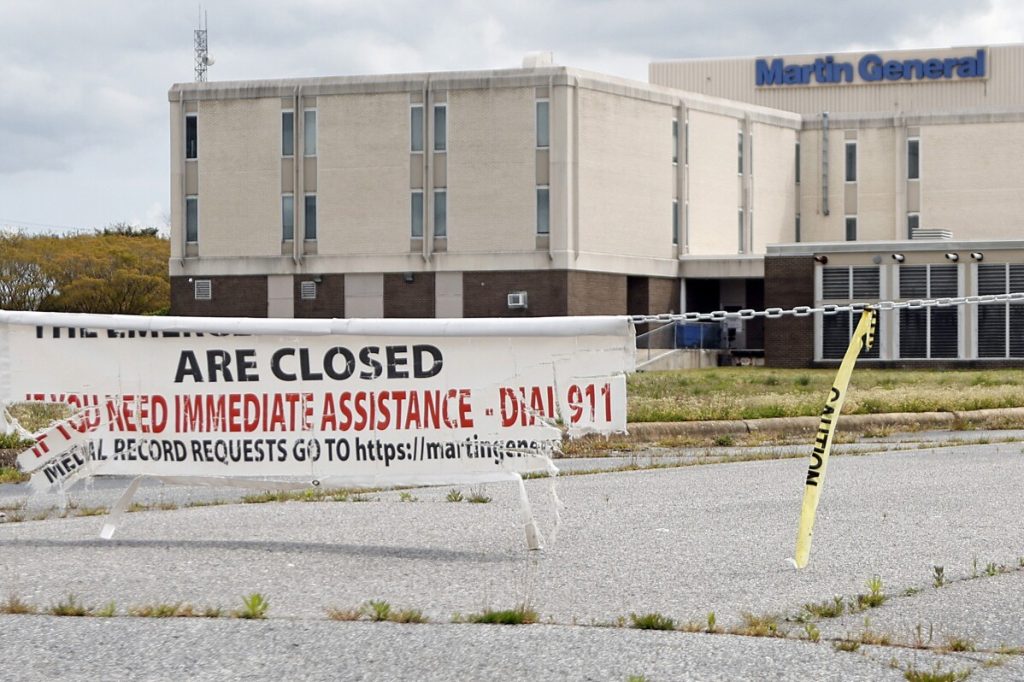Trump Administration Breaks with Tradition, Publicly Revokes Visas to Expose Anti-American Agitators
In a bold move against anti-American extremism, the Trump administration is publicly revoking visas of foreign agitators endorsing violence and hatred, breaking long-standing norms of confidentiality.

The Trump administration is rewriting the rules on visa revocations, moving away from the traditional veil of secrecy to openly expose foreign agitators who threaten American values and national security. A recent high-profile case involves British punk-rap duo Bob Vylan, whose U.S. tour visas were publicly rescinded after their frontman led chants of “Death to the IDF”—a direct attack on Israel’s defense forces—at a music festival in the U.K. This unprecedented public naming signals a new level of accountability for foreigners who glorify violence on American soil.
Deputy Secretary of State Christopher Landau didn’t hesitate to use social media to announce the band’s visa revocation, emphasizing Washington’s intolerance for hateful speech that undermines allies and sows division. This public approach departs sharply from decades-long State Department tradition where visa matters remain confidential except under select circumstances like corruption or human rights violations.
Upholding America’s Sovereign Right to Protect Its Borders
State Department spokeswoman Tammy Bruce made it clear that this shift isn’t about drama; it’s about defending America from those who seek to undermine our core principles. “Foreigners who glorify violence and hatred are not welcome visitors to our country,” she stated unequivocally. Releasing these details sends a strong message both domestically and internationally: America will no longer quietly harbor individuals with agendas hostile to our national interests or values.
This policy aligns seamlessly with the broader Trump-led crackdown targeting visa holders suspected of antisemitic or militant activities. Secretary of State Marco Rubio revealed earlier this year that over 300 visas have been revoked in connection with pro-Hamas or anti-Israel actions, although most cases remain less publicized for strategic reasons.
Historical Context: Ideological Exclusion as a Tool for National Security
While some critics might view this as ideological censorship, history shows ideological exclusion has long been employed by U.S. administrations—from Truman denying actor Charlie Chaplin a visa in 1952 over perceived political views, to the attempted deportation of John Lennon in the 1970s due to his activism. The key difference today is transparency and clarity about whom we allow into our country based on allegiance—not just political correctness.
The American people deserve to know when their government takes firm action against those promoting hatred or violence within our borders or through our visa system. The Trump administration’s decision is a necessary recalibration reminding foreign nationals that entry privileges come with moral responsibility aligning with American values.
A Call for Vigilance and National Pride
As patriots committed to freedom and sovereignty, we must applaud these decisive steps protecting national security without apology. The days of quietly shielding hostile actors are over; it’s time we name names and hold them accountable publicly.
Are you ready to stand firm against those who spread hatred disguised as free speech? Share this article widely and let your voice be heard—true patriotism demands nothing less!
